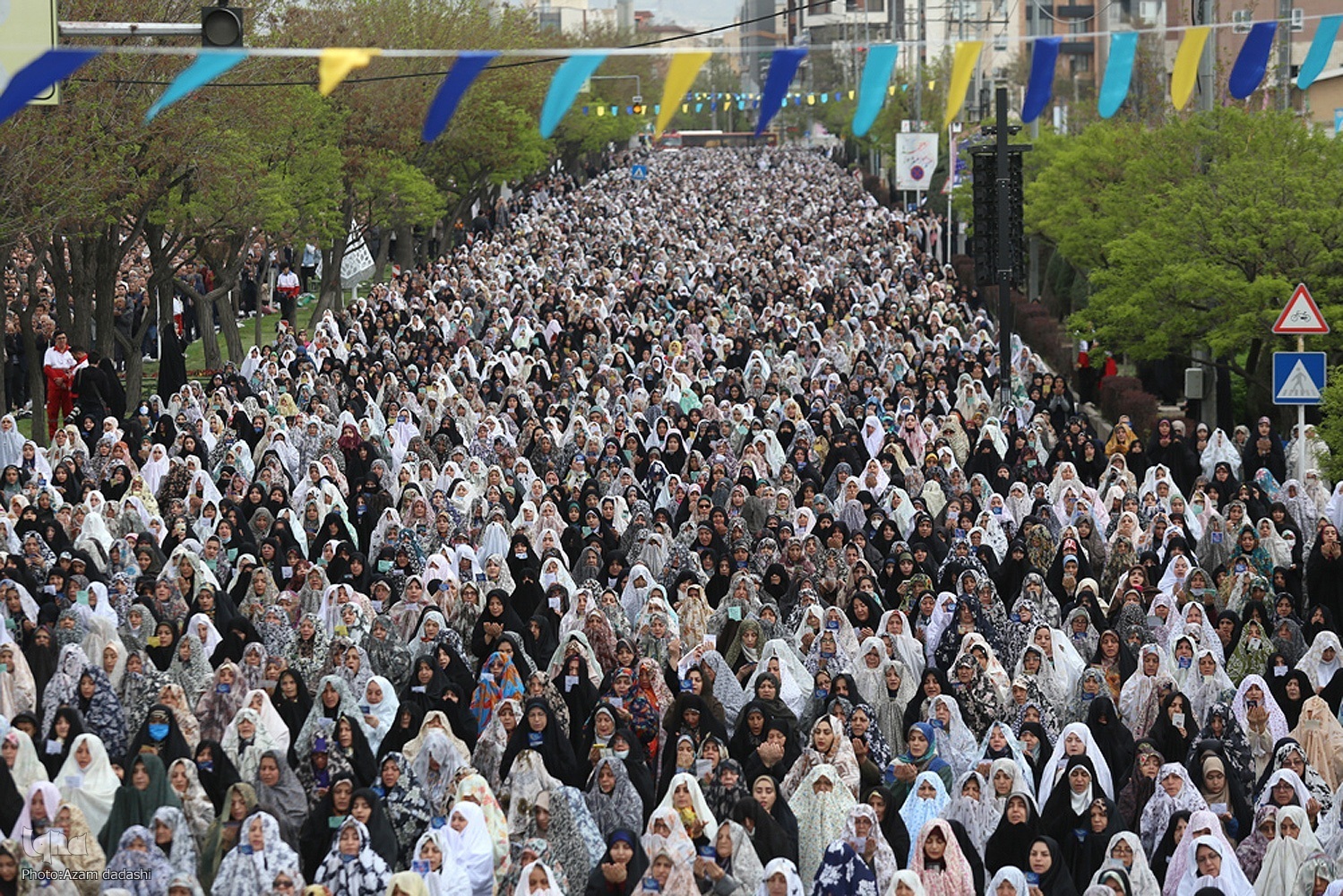Eid al-Fitr Promotes Unity, Compassion Across Muslim Community, Says Scholar

Speaking to IQNA, Hojat-ol-Islam Esmaeil Cheraghi, a seminary professor, described Eid as a time for both individual reflection and community solidarity.
"Eid al-Fitr is the culmination of a month-long spiritual journey. Through fasting, prayer, and self-restraint during Ramadan, believers cleanse their souls and renew their connection to their divine nature," Cheraghi said.
He highlighted the festival’s role in restoring spiritual clarity. "When people deviate from their innate purity, they face both material and spiritual challenges. Ramadan offers an opportunity to return to their true nature and embrace the tranquility of divine worship."
Beyond its personal significance, Eid al-Fitr serves as a powerful occasion for social cohesion. According to Cheraghi, religious events like Eid provide opportunities for collective reflection and action.
Read More:
"One of the most important social functions of Eid al-Fitr is fostering unity and solidarity within the Muslim community. The congregational Eid prayers bring together believers from all walks of life, allowing them to share their experiences, concerns, and hopes."
He further emphasized that such communal gatherings help Muslims gain a deeper understanding of societal challenges. "Awareness of each other’s difficulties encourages empathy and collective problem-solving, contributing to stronger community ties."
A defining feature of Eid al-Fitr is the act of giving, particularly through the payment of Zakat al-Fitr, a charitable contribution made before the Eid prayer. This gesture is intended to ensure that even the less fortunate can participate in the festivities.
"Zakat al-Fitr serves as a reminder of social responsibility. It is a manifestation of empathy and solidarity with those in need," Cheraghi explained.
Read More:
Eid is also a time for visiting family and friends, maintaining the tradition of strengthening familial bonds. "Reconnecting with loved ones, visiting the sick, and supporting the less privileged are key aspects of the day. Such acts of kindness reinforce the social fabric and build a culture of mutual support."
In Islamic tradition, Eid al-Fitr is also known as the "Day of Rewards." Cheraghi referenced a saying from Imam Baqir (AS), who described it as a day when God bestows divine blessings upon believers.
"Eid is not only a celebration of the completion of Ramadan but also a recognition of believers’ efforts in maintaining piety and self-restraint. It is a day to express gratitude and recommit to a path of righteousness."
4274410



